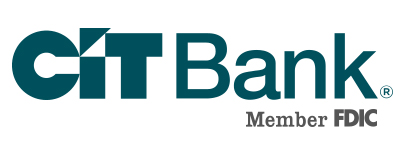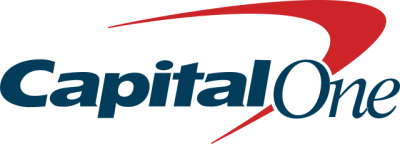Pros:
- Low opening required amounts
- Variety of accounts available
- ATM fee reimbursements
- Competitive rates on most accounts
Cons:
- Must become a member first
- Accounts have tiered interest rates
- Daily cash limits on withdrawals
Pros:
- Low opening required amounts
- Competitive interest rates on accounts
- Variety of accounts offered
- Free ATM transactions and fee refunds
Cons:
- Accounts have monthly fees
- Savings have high required daily balances
- CD early withdrawal penalties are high
- Excessive withdrawal fee high
Navy Federal accounts have low opening required amounts. The savings account only requires $5 to open. The money market account does not have a set amount required to open, but to earn interest requires $2,500. The checking accounts do not have a set amount required to open. The CDs have tiered opening required amounts. The lowest amount to open a regular CD is $1,000. Special CD offers require lower opening amounts.
There are a wide variety of accounts offered through Navy Federal. They offer a savings account, money market account, and CDs. Their CD terms range from three-month terms to seven-year terms. Navy Federal offers five checking accounts. Those accounts include one for students, an online account, and an active duty account. Navy Federal also offers loans and credit cards.
Most Navy Federal checking accounts offer ATM fee reimbursement. Only the Everyday Checking account does not. The reimbursement amount ranges from $10 to $20, depending on the account. Some accounts require a direct deposit to earn the reimbursement.
Most all Navy Federal accounts offer competitive interest rates. The CDs offer the most competitive interest rates. Navy Federal savings and checking accounts earn interest. The rates are lower than online account rates. The money market account rates are slightly lower than online rates. These rates are higher than typical bank rates.
Before you open an account with Navy Federal, you must first become a member of the credit union. Servicemembers and veterans are eligible to join Navy Federal. Department of Defense employees are eligible. Family members of each of these groups can become members of Navy Federal Credit Union.
Navy Federal money market and Flagship checking account have tiered interest rates. To earn the most competitive rate on the MMA requires a balance of at least $50,000. The checking account requires $25,000. To earn the most competitive rate on Navy Federal CDs requires $100,000.
Navy Federal only allows for a daily cash withdrawal of $600. This includes cash from an ATM, a branch, or receiving cash back. There is a daily transaction limit of $3,000 for most checking accounts and $5,000 for the Flagship checking. Their accounts do not typically have limits on the number of transactions.
First IB only requires $25 to open the free checking and savings account. The Interest checking, Money Market Savings, and Tomorrow's Tycoons require $100 to open. CDs required $1,000 to open. The HSA does not have a required amount to open.
First IB accounts earn competitive interest rates. The account rates are competitive with other online-only accounts. To earn the best rate for the checking account only requires $500 in the account. The savings accounts do not have a set limit to earn the competitive interest rates.
A variety of accounts are available through First IB. The accounts include:
- Free checking
- Interest checking
- Money Market Savings
- Free savings
- CD terms from three to 60-months
- Health Savings Account
- Tomorrow's Tycoons savings account for children
- Coverdell Education Savings account
- IRA accounts
- Credit cards, personal, student, and auto loans
- Home equity loans and mortgages
- Business checking, savings, and CDs
- Business lending options
First IB is a member of the ATM Plus network, giving you access to millions of ATMs across the U.S. Certain accounts with First IB reimburse up to $10 each month in ATM fees. The Interest checking, money market, and regular savings offer the reimbursement option.
Most First IB accounts have a monthly fee. The fees range from $2 to $10 each month. Waive the fees by keeping an average daily balance in the accounts. The required balances vary between accounts.
The First IB Money Market Savings account requires a daily balance of $4,000 to avoid the monthly fee. The Interest checking account requires $500 to avoid the fee. Free savings and checking accounts do not have a required balance to avoid the monthly fee.
The early withdrawal penalty for First IB CDs are high. CD terms for three-months requires 90 days of interest. Terms from six to 18-months require 180 days of interest. The fee for CD terms over 24-months is 360 days of interest.
The government limits the withdrawals from savings accounts to six per month. The excessive withdrawal fee for First IB accounts is $30 per extra transaction, which is higher than other banks. The withdrawals restrictions apply to the money market and Free savings accounts.


